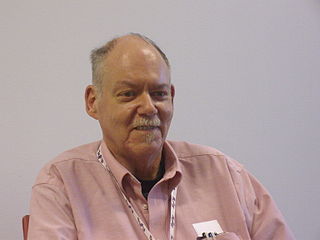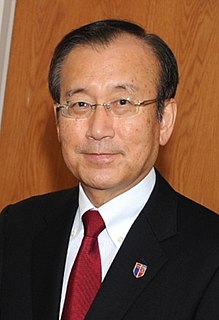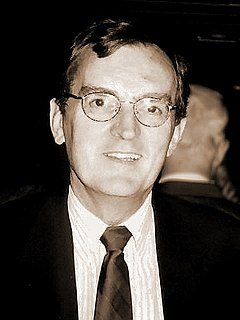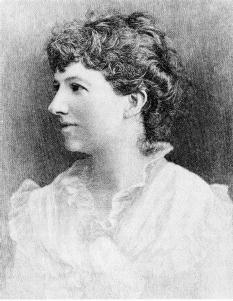A Quote by Ann Radcliffe
Poverty cannot deprive us of many consolations. It cannot rob us of the affection we have for each other, or degrade us in our own opinion, of in that of any person, whose opinion we ought to value.
Related Quotes
I guess each of us, at some time, finds one person with whom we are compelled towards absolute honesty, one person whose good opinion of us becomes a substitute for the broader opinion of the world. And that opinion becomes more important than all our sneaky, sleazy schemes of greed, lust, self-aggrandizement, whatever we are up to while lying the world into believing we are just plain nice folks.
We cannot and must not allow ourselves to have the message of Hiroshima and Nagasaki fade completely from our minds, and we cannot allow our vision or ideals to fade, either. For if we do, we have but one course left for us. And that flash of light will not only rob us of our vision, but it will rob us of our lives, our progeny, and our very existence.
You are inhuman brutes determined to rob us of our spiritual consolations and sweep away the moral foundations of our civilization, and on the other: You are obscurantist ignoramuses who'd like to shut down progress and drag us all back to the 16th century, with kings and priests telling us what to think.
What i’m saying is, my friends, one ought to be able to let go. If a path does not please us, instead of insisting on going that specific way, of making our selfishness the guide, we ought to forsake. The books we cannot write, the films we cannot shoot, the projects we cannot develop, the jobs we cannot pursue and the people who no longer love us. Being able to let go, at times, is the most beautiful of all!
There is no enemy can hurt us but by our own hands. Satan could not hurt us, if our own corruption betrayed us not. Afflictions cannot hurt us without our own impatience. Temptations cannot hurt us, without our own yieldance. Death could not hurt us, without the sting of our own sins. Sins could not hurt us, without our own impenitence.
Our doubts about ourselves cannot be banished except by working at that which is the one and only thing we know we ought to do. Other people's assertions cannot silence the howling dirge within us. It is our talents rusting unused within us that secrete the poison of self-doubt into our bloodstream.
I know that God loves us. He allows us to exercise our moral agency even when we misuse it. He permits us to make our own decisions. Christ cannot help us if we do not trust Him; He cannot teach us if we do not serve Him. He will not force us to do what's right, but He will show us the way only when we decide to serve Him. Certainly, for us to serve in His kingdom, Christ requires that we experience a change of thought and attitude.
It is in the middle classes of society that all the finest feeling, and the most amiable propensities of our nature do principally nourish and abound. For the good opinion of our fellow-men is the strongest though not the purest motive to virtue. The privations of poverty render us too cold and callous, and the privileges of property too arrogant and confidential, to feel; the first places us beneath the influence of opinion--the second, above it.
The names of the cerros and the sierras and the deserts exist only on maps. We name them that we do not lose our way. Yet it was because the way was lost to us already that we have made those names. The world cannot be lost. We are the ones. And it is because these names and these coordinates are our own naming that they cannot save us. They cannot find for us the way again.
To seek approval is to have no resting place, no sanctuary. Like all judgement, approval encourages a constant striving. It makes us uncertain of who we are and of our true value. Approval cannot be trusted. It can be withdrawn at any time no matter what our track record has been. It is as nourishing of real growth as cotton candy. Yet many of us spend our lives pursuing it.
None of us need one more person bashing or pointing out where we have failed or fallen short. Most of us are already well aware of the areas in which we are weak. What each of us does need is family, friends, employers, and brothers and sisters who support us, who have the patience to teach us, who believe in us, and who believe we’re trying to do the best we can, in spite of our weaknesses. What ever happened to giving each other the benefit of the doubt? What ever happened to hoping that another person would succeed or achieve? What ever happened to rooting for each other?



































